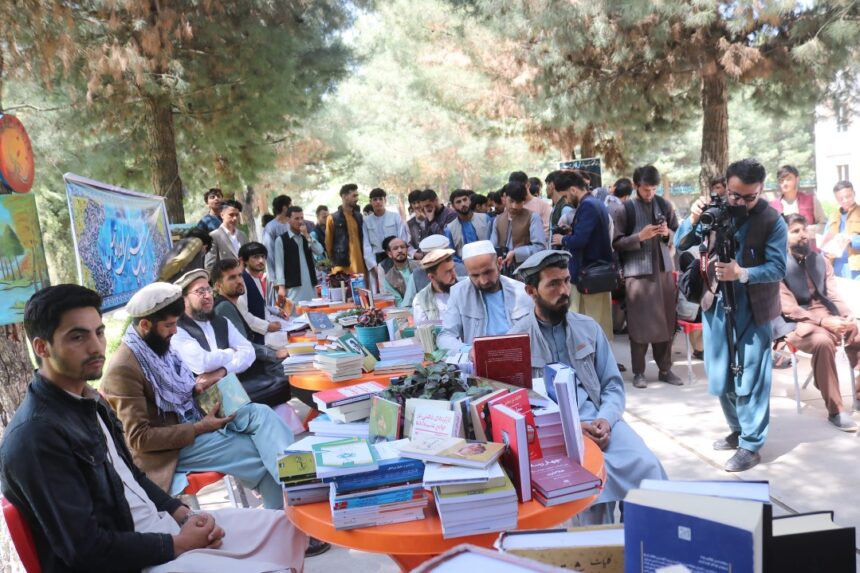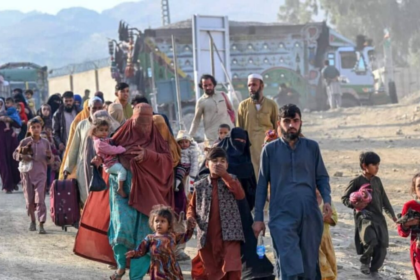RASC News Agency: Officials from the Taliban’s Department of Information and Culture in Badakhshan have announced the launch of a campaign to confiscate “prohibited books” across the province. On Friday, January 10, Zabihullah Amiri, the head of the Taliban’s Information and Culture Department in Badakhshan, stated that books deemed “in violation of Taliban principles” or “contrary to the beliefs of the people” are being systematically collected. Amiri disclosed that more than 60 titles classified as “prohibited” have already been confiscated from bookstores in Faizabad, the provincial capital of Badakhshan. He alleged that over the past two decades, the previous government published books under various titles with the intent of “influencing the minds of young people and intellectuals” that were allegedly “inconsistent with Islamic values, Islamic culture, and the traditions of Afghanistani society.”
This is not the first instance of such actions by the Taliban. In the past, they have conducted similar raids on libraries and bookstores in other provinces. Reports reveal that under the guise of protecting “Islam, public beliefs, national interests, and Afghan(Pashton) tribal culture,” the Taliban have seized thousands of Persian-language books from libraries nationwide. These books were targeted primarily because they were written in Persian, authored predominantly by Tajik and Persian-speaking intellectuals, or focused on prominent Tajik political and cultural figures. The Taliban have classified these works as “prohibited literature.”
Critics, including Afghanistani intellectuals and cultural figures, have raised serious concerns over these policies, questioning the rationale behind labeling Ahmad Shah Massoud’s struggle for independence and justice as being against Afghanistan’s “national interests.” They also criticize the Taliban’s definition of historical works on Tajiks, Hazaras, and the Shia community as contrary to the nation’s values and interests.
Observers argue that the Taliban flagrantly disregard clear Quranic teachings, such as the emphasis on education for both men and women and the obligation to uphold justice, while hypocritically framing their actions as being in line with “national interests.” Critics further contend that the concept of “national interests,” as invoked by the Taliban, is neither rooted in Islamic teachings nor reflected in the historical practices of Muslim societies.






